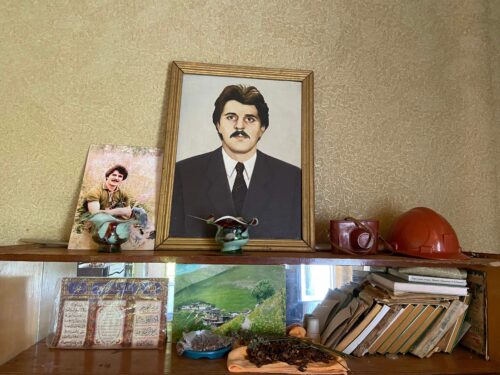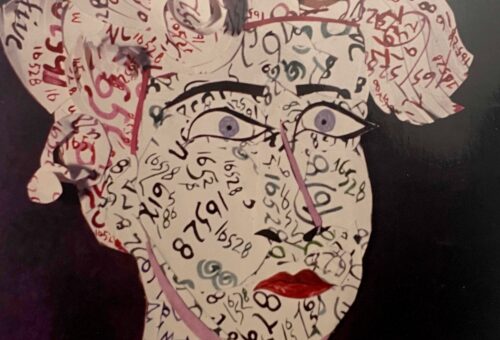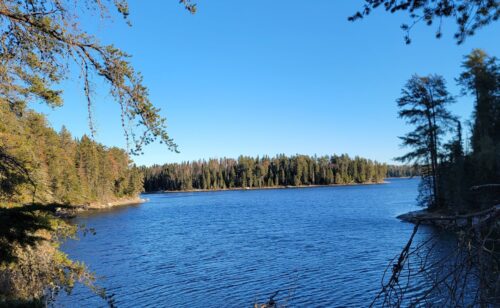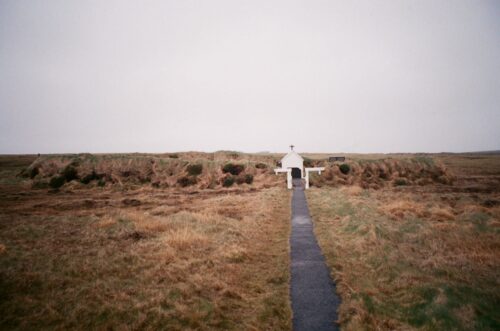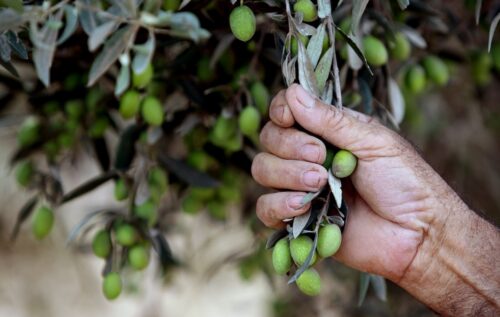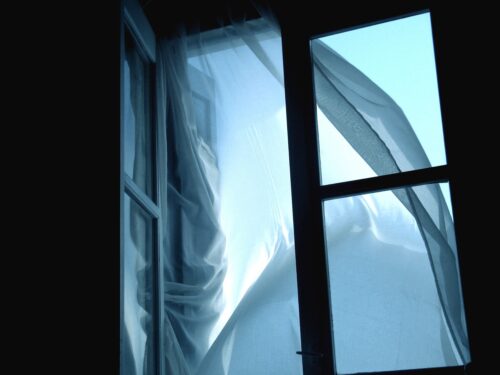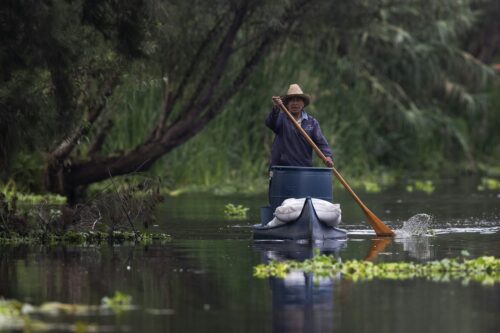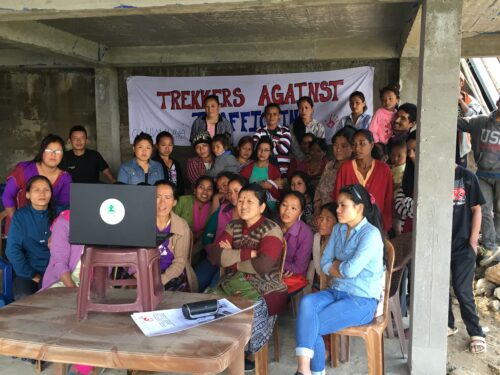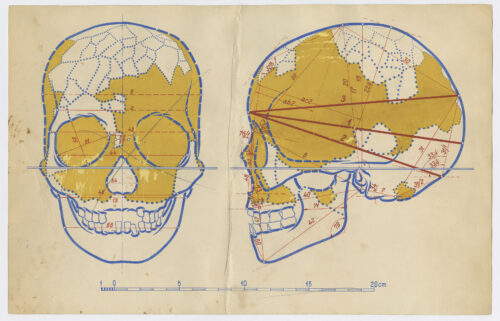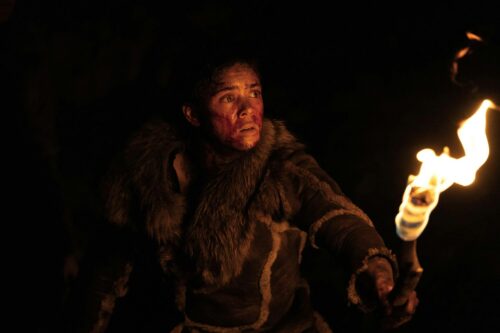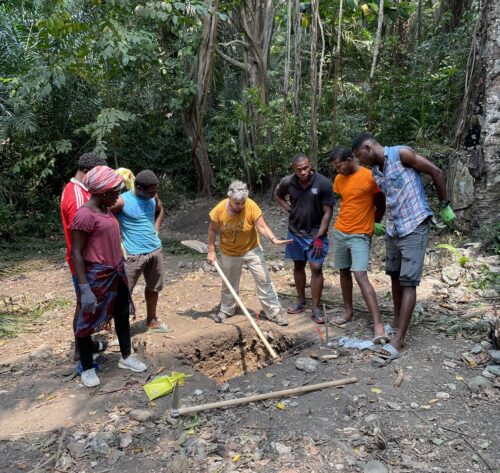And You Watch as We Make Woodwater Again
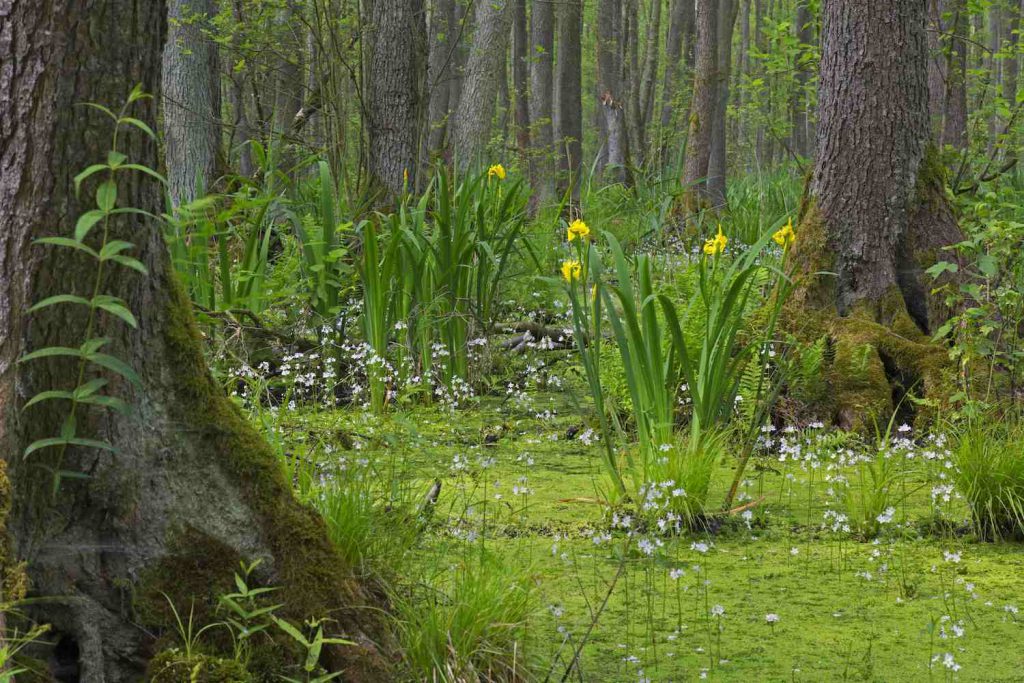
and you wonder how we remember our culture of traumatization
our body beings tied to a land we were told was not ours was
unforgiving but remember too in our dna the human plows we
were the caretakers we often still are the water dancers and wind
witches we’ve since become.
and you wonder how we been brutalized by blood but somehow
found buoyancy by drowning found phoenixed by burning alive
found whimsy by swinging in the wind and we keep trying to fly
anyway keep trying to soar.
and you wonder how because yeah this ground has buried us alive
too but somehow we found resurrection still found resurrection and
named ourselves Lazarus and still we rise yes we rise in that we
photosynthesize we transmute sunlight into air and become the
leaves become the branches become the trees such that we can no
longer be hung from our own bodies not anymore.
and you wonder why Black people become the earth in every story
become the wind whistling through the water become the rain
quenching a thirsty land become the fire playing hearth to the
stormy sky.
and you wonder why Black people been becoming elementals and
why you hate us for it why you starve us out burn us out drown us
out and why we still find a way to carry ourselves on wind to seed
the ground to grow again here and here and somewhere else too.
and you wonder why we Black people been becoming strong again
been learning how to breathe again how we been taking dirt and
making delicacies out of it rising out of root vegetables finding
sustenance through entrails taking flint to a light and using that
bloodfire to purify that undrinkable water waylaying leftovers to
give ourselves a little something sweet and it too learns to
photosynthesize it too seeks survival in sunlight it too settles itself
into mahogany cedar oak teak cherry sandalwood and all manner
of melanated woodwatercolors marinating on a breeze into the
sweetest of teas.
and you wonder just how we Black people just continue to survive
just continue to rise when you keep trying to kill us with the very
implements that resurrect us back to life.
and you wonder how and you wonder why and you keep
wondering while you watch as we make woodwater again and
again and again and you wonder and you marvel at just how pure
and unpoisoned and clean just how clean it is.
